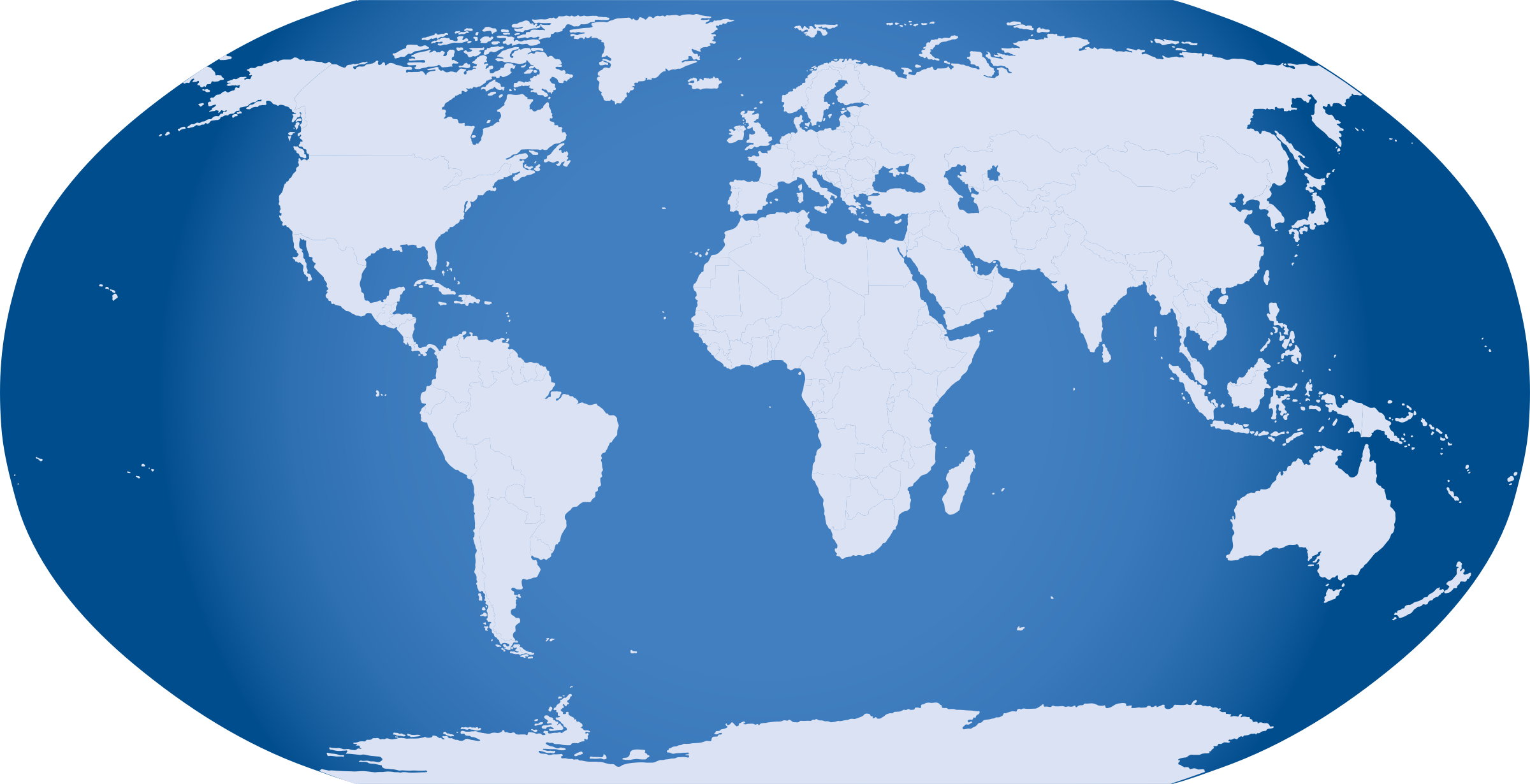The Bahá’í teachings articulate a vision of a world evolving toward a state of collective maturity, an idea steeped in the rich spiritual heritage of the faith. Central to this vision is the belief that humanity is undergoing a transformative journey, one that is both challenging and hopeful, as it seeks to achieve unity and peace. In considering this progression, one may pose a playful question: What if the world is akin to a young adult, on the cusp of self-discovery, grappling with both turmoil and potential? This metaphor invites contemplation about the present challenges faced by humanity and the prophecies laid forth by Bahá’u’lláh, the founder of the Bahá’í Faith, regarding our maturation as a global society.
The prophetic teachings of Bahá’u’lláh suggest that humanity is not only capable of remarkable growth but is also destined for it. This forward movement toward maturity is illustrated through the concept of the “Greater Plan.” This plan encompasses the unfolding of divine guidance that has been conveyed through various religious leaders throughout history, each contributing a unique perspective to humanity’s spiritual evolution. The essence of Bahá’í doctrine holds that the teachings of these figures, from Abraham to Muhammad, converge in their call for unity, equity, and justice. However, the challenge emerges when one considers whether humanity is truly prepared to embrace this trajectory. Can the world shed its divisions, prejudices, and materialistic tendencies in favor of a cooperative and profound engagement with its collective destiny?
Build upon this idea, one must explore the paradigm of unity, a cornerstone of Bahá’í belief. Unity is not merely an ideal but rather a profound imperative that requires both personal and social commitment. This principle suggests that the advancement toward maturity hinges on our ability to transcend our superficial differences and recognize our interconnectedness. In a society rife with polarization, the task is indeed formidable. The Bahá’í teachings assert that this unity comes through understanding and love, indicating that our emotional and spiritual development is equally as crucial as our intellectual engagement. This raises the question: How can individuals contribute to this unity amidst a cacophony of differing views?
As one delves deeper into the Bahá’í perspective, the notion of collective maturity emerges as a multi-faceted endeavor. This development incorporates ethical responsibilities towards the environment, social justice, and international relations, all of which are seen as integral to the health of the global community. The Bahá’í writings espouse the importance of education, particularly the education of women and children. This foundational investment is posited as essential for fostering a culture that nurtures compassion, understanding, and innovation. Yet, the challenge lies in the systemic barriers that continue to inhibit progress. How do societies dismantle these obstacles to ensure that everyone has a voice, and every potential is realized?
Furthermore, the significance of consultation, as advocated in the Bahá’í teachings, emerges as a crucial mechanism for societal growth and maturity. Through sincere and respectful dialogue, communities can grapple with complex issues, enabling diverse perspectives to converge harmoniously. This consultative process is designed to harness collective wisdom, yet it too faces resistance in cultural contexts where power dynamics overshadow collaborative dialogue. The prospect of implementing this approach raises a compelling question: In societies dominated by individualism and competition, how can we reorient our interactions towards collaborative discourses that promote shared understanding?
In addition, the Bahá’í teachings articulate a holistic vision of global governance that is essential for achieving maturity. This vision includes the establishment of a global commonwealth, where nations work cooperatively for the betterment of all humanity. Such governance requires abandoning narrow nationalist agendas in favor of a broader perspective that includes the welfare of the global populace. Yet, in an era of rising nationalism and protectionism, the challenge becomes clear: How can the international community navigate this delicate tension between national interests and global responsibilities?
The progression of humanity toward maturity encapsulates a journey filled with both promise and peril. The Bahá’í perspective urges individuals to engage actively in the pursuit of justice and equity, thereby contributing to the edifice of a harmonious society. This includes recognizing the societal ills such as poverty, discrimination, and environmental degradation. Each Bahá’í is called upon to reflect on their own actions and societal contributions while contemplating profound questions related to their intersection with broader global issues. Are individuals prepared to assume responsibility for fostering positive change in their communities?
Ultimately, the essence of Bahá’í prophecy rests in the unwavering belief that the world is indeed maturing. Humanity is challenged to rise beyond its current tribulations, beckoned by a destiny that promises a flourishing, unified world. The teachings encourage active participation, cultivating a spirit of resilience amidst adversity. The belief in future peace and prosperity is not just prophetic; it invites individuals to engage meaningfully in realizing a more harmonious existence. Thus, as the world confronts uncertainties, the challenge remains: Will we rise to the occasion, embracing our shared humanity and working collectively toward a mature global society?
